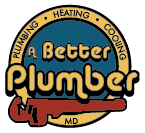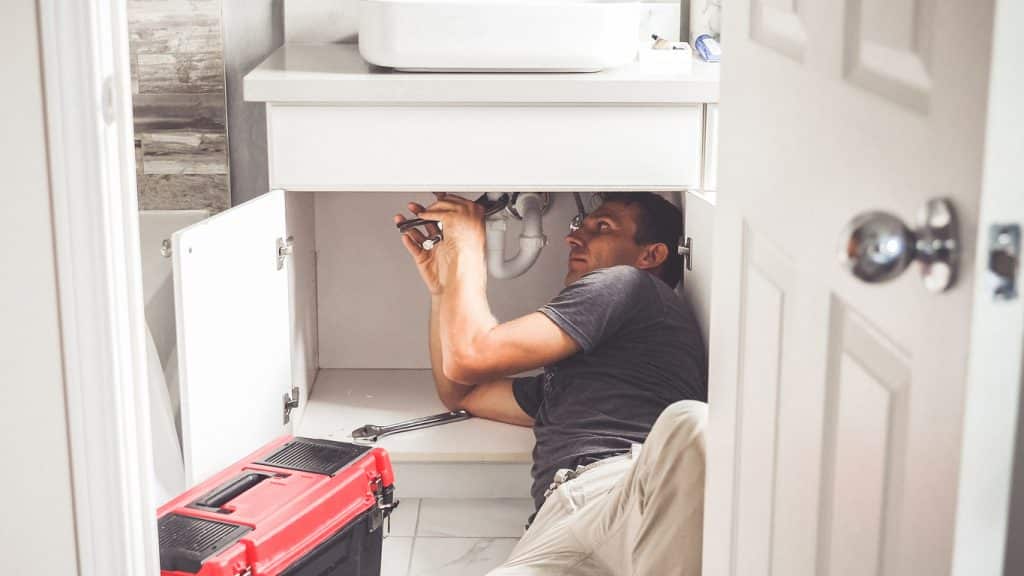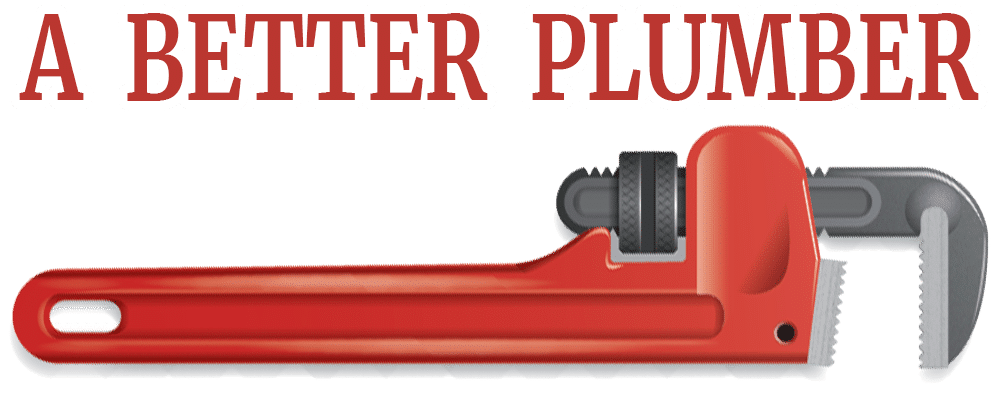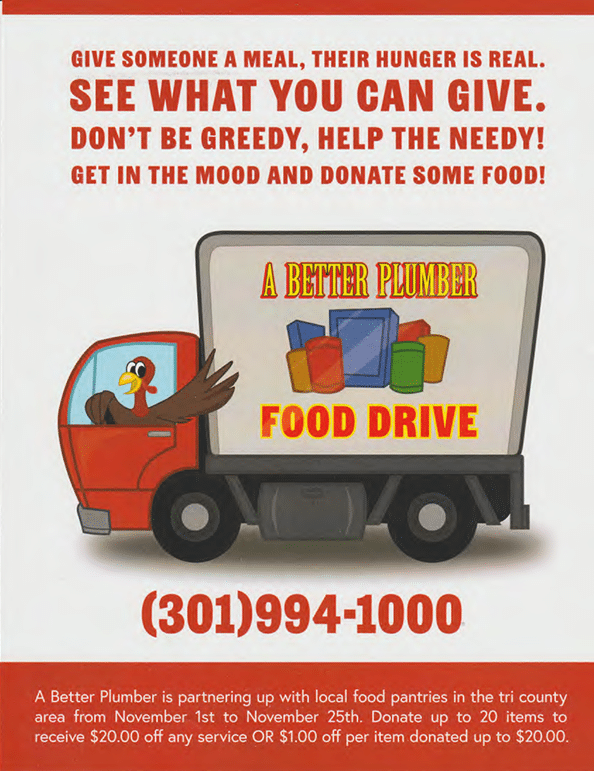Many people use older appliances and run hot water longer than necessary. Maybe you think that poor plumbing habits aren’t a big deal, but they can lead to expensive repairs. Learn to avoid bad plumbing habits to save money in the future.
1. Don’t Use Hot Water for Too Long
You may like a long hot shower, but doing so can raise your water and heating bill in Waldorf, MD. Hot water running longer than necessary forces your hot water system to work overtime to replenish and heat the water in your reservoir, which may lead to more repairs. Taking showers no longer than 15 minutes can save on your utility bills.
2. Don’t Flush Non-Flushable Items
Flushing non-flushable items down your toilet increases the chances of needing plumbing repairs. You can avoid non-flushable item clogs by only flushing toilet paper. Non-flushable items include baby wipes, feminine products, hair, and dental floss. Products that say “flushable” may still cause issues over time.
3. Don’t Use Appliances Past Their Lifespan
The longer you use an appliance, the less efficient it becomes. Appliances may use more water and electricity as they reach the end of their expected lifespan. An old appliance is more likely to break down or flood, which can be more expensive than replacing it.
Appliances that use the most water in the U.S. are common in most homes.
- Toilets use an average of 33 gallons per day.
- Showers use an average of 27 gallons per day.
- Faucets use an average of 27 gallons per day.
- Washing machines use an average of 22 gallons per day.
- Dishwashers use an average of 2 gallons per day.
4. Don’t Avoid Plumbers
When you notice a minor plumbing issue such as a clogged drain, ignoring the problem will only lead to a worse situation. If you try to unclog a drain without proper understanding, it can lead to more issues. When you use drain cleaners, the heat may distort pipes, which a plumber would then need to replace. Our professionals at A Better Plumber can handle everything from leak detection and emergency plumbing to drain cleaning.
5. Don’t Heavily Rely on Your Garbage Disposal
Your garbage disposal is helpful when cleaning up the kitchen after a meal, but don’t treat it like a garbage can. Garbage disposals shouldn’t handle large amounts of leftovers because the food eventually solidifies, which can block pipes. Foods that shouldn’t go into garbage disposals include oil, grease, pasta, fibrous foods, and coffee grounds.
No matter how small a leak is, you should address the problem as soon as you notice it. A small issue could become a bigger problem in the future, but it will raise your water bill now. If you’re located anywhere in the Waldorf area, call us at A Better Plumber today to schedule a cleaning.








